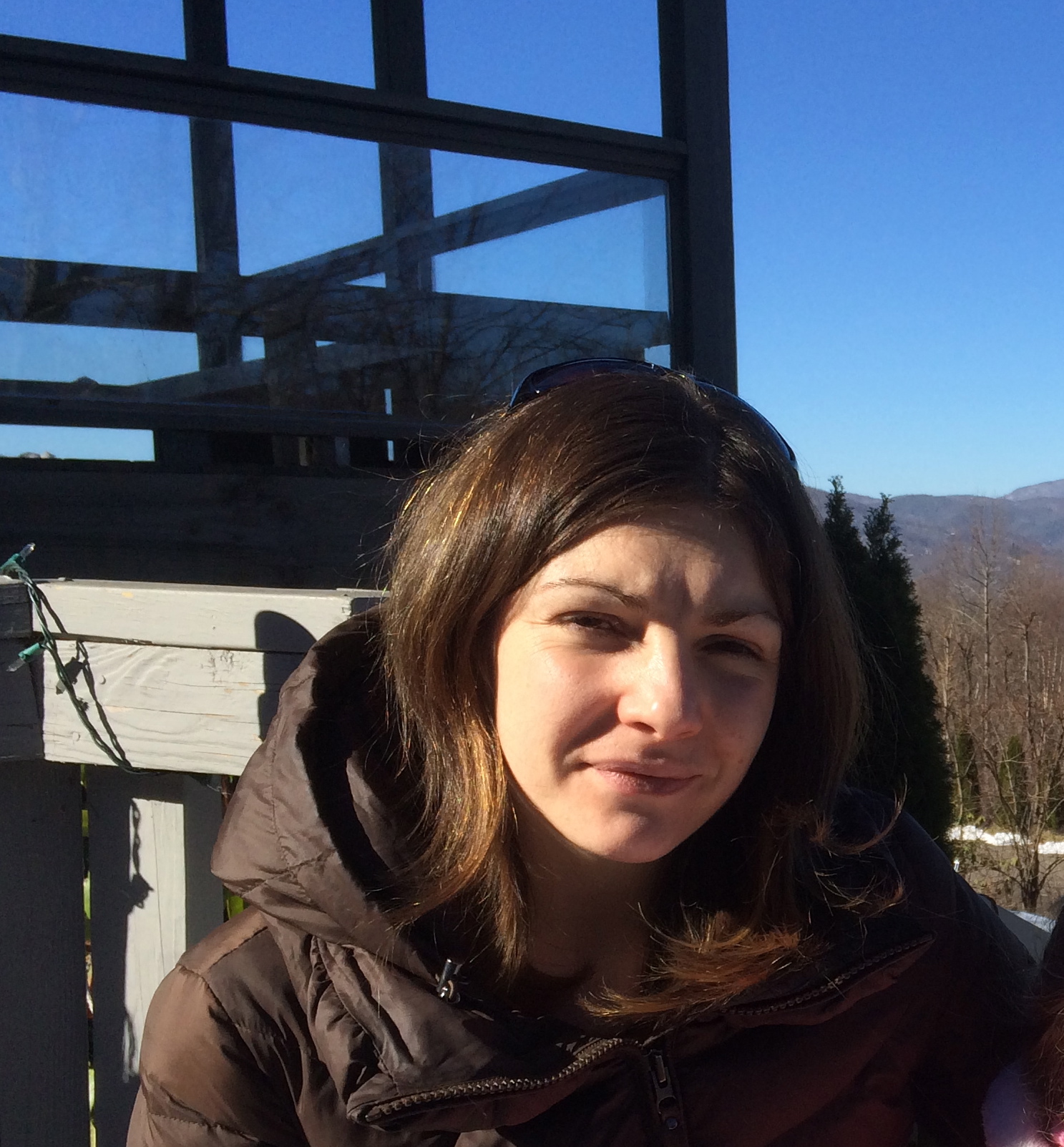Welcome to the forums at seaphages.org. Please feel free to ask any questions related to the SEA-PHAGES program. Any logged-in user may post new topics and reply to existing topics. If you'd like to see a new forum created, please contact us using our form or email us at info@seaphages.org.
Recent Activity
Protocol to grow phage in culture?
| Link to this post | posted 22 Sep, 2019 18:10 | |
|---|---|
|
|
Does anyone have a general protocol for growing phage in culture? We need to increase titers for a few of our phage and would love a protocol to get us started. Thanks |
| Link to this post | posted 22 Sep, 2019 22:40 | |
|---|---|
|
|
fogartym1 Hi Marie, The Enriched Isolation protocol is essentially a modification for preparing liquid lysates. There's a commonly used protocol for amplifying phages of E. coli in liquid, which I provide below. Please also see the caveats, below. 1. To 1 ml of a saturated bacterial culture, add 10 ul of a phage lysate. Note: Include a control that replaces phage with just phage buffer. 2. Allow to sit on bench, undisturbed, for 10 min. 3. Add the bacteria+phage mix to 10 - 15 ml of fresh media (e.g. PYCa, or 7H9 liquid media complete, depending on the bacterial host). 4. Incubate, with shaking, for 24 - 48 hrs. 5. Spin the culture, and filter the supernatant. Then determine the titer of your lysate. Caveat: 1. Like preparing webbed plates, it is important that not all the host bacteria is lysed early. It is therefore important that you setup the experiment early in the day and check on the culture before you leave in the evening. If the culture is clear (and the control is cloudy), then you've run out of host bacteria for phage amplification. 2. Because it is hard to know how much phage to add, it is worth setting up at least one additional culture, using a 1/10 dilution of phage lysate. (The same logic for bracketing when preparing webbed plates). Hope this is helpful. Good luck. |
| Link to this post | posted 25 Sep, 2019 12:39 | |
|---|---|
|
|
Thanks Vic! We will try it out and report back on how it goes. Marie |
| Link to this post | posted 15 Nov, 2021 17:17 | |
|---|---|
|
|
fogartym1 Hi, did you ever have any luck with this? I have a student who has apparently lost their phage that they isolated a couple of weeks ago. We'd like to take his old plaques and PB and amplify them back up. Thanks. |
| Link to this post | posted 30 Nov, 2022 19:47 | |
|---|---|
|
|
Vic wrote: "Like preparing webbed plates, it is important that not all the host bacteria is lysed early. It is therefore important that you setup the experiment early in the day and check on the culture before you leave in the evening. If the culture is clear (and the control is cloudy), then you've run out of host bacteria for phage amplification." Hi, what is the concern with "early lysis"? Is it just that it limits phage amplification or that too many bacterial degradative products are released early or…..? (just wondering, we've had trouble getting students to be consistent with timing) |
| Link to this post | posted 05 Dec, 2022 05:17 | |
|---|---|
|
|
stpage Yup - if all host cells are lysed after only a few rounds of infection, the amplification will be low. You really need to get to later rounds of infection… 7 ish and above in order to have a high titer. |



